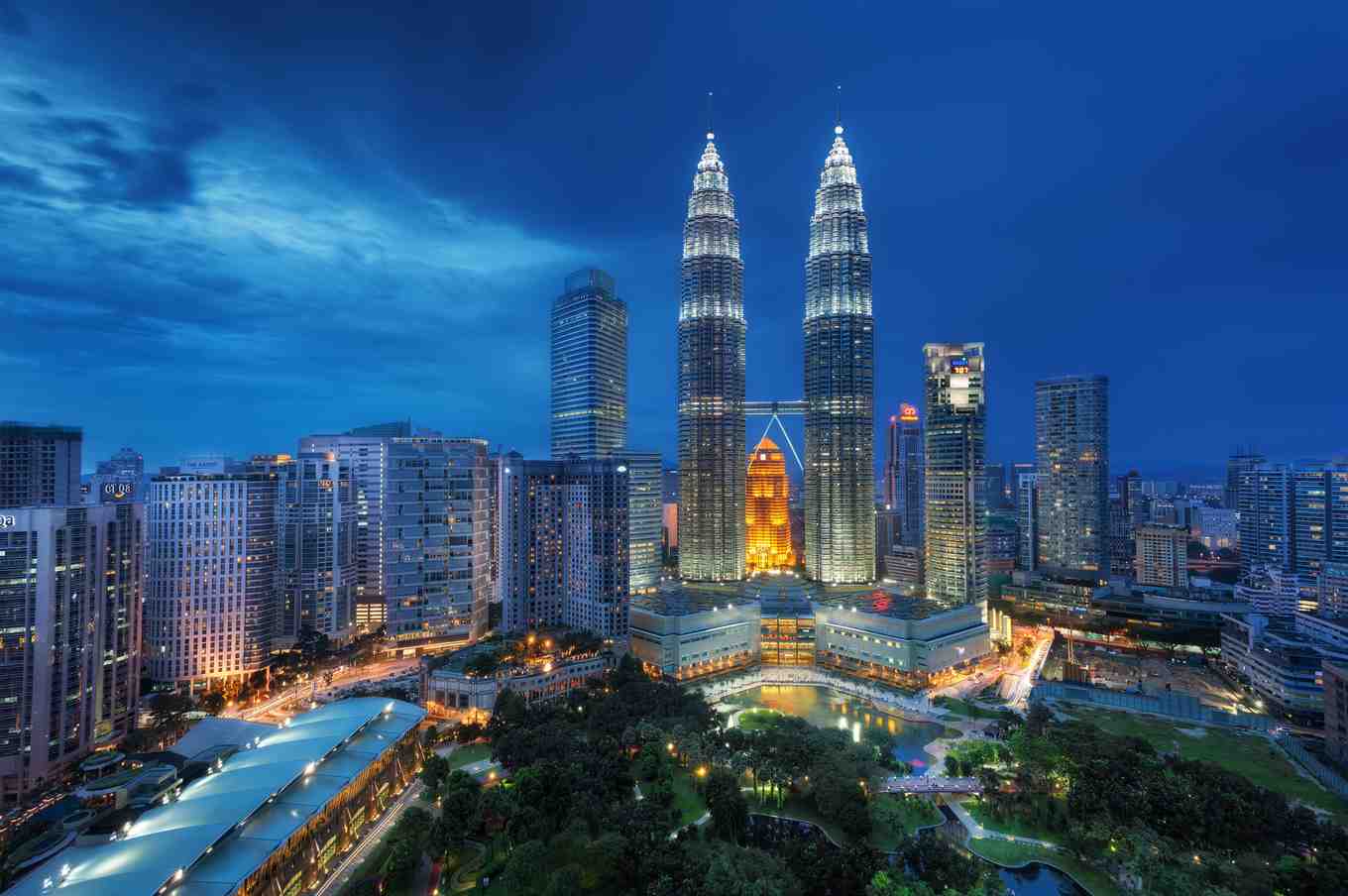Malaysia is emerging as a major hub for data centers in Southeast Asia, but the government is taking a measured approach to balance economic opportunities with environmental sustainability. Nik Nazmi Nik Ahmad, Malaysia’s Minister of Natural Resources and Environmental Sustainability, highlighted the country’s nuanced strategy to attract cutting-edge technology while addressing resource concerns in an interview with Financial Times.
Nik Nazmi described data as “the new oil of the 21st century,” underscoring Malaysia’s aspiration to tap into the growing sectors of artificial intelligence (AI), cloud computing, and cryptocurrency. However, he emphasised that Malaysia is not pursuing growth at any cost. “We don’t want just any data center,” he stated. “If it’s coming with AI or some other technology that’s a bit more cutting edge, then we will consider them.”
The minister’s remarks come as Malaysia sees a surge in data center investments, particularly in Johor. Johor currently hosts 22 operational data centers, with another eight under construction. The state’s proximity to Singapore and its competitive energy and water pricing have made it an attractive destination for tech companies, especially following Singapore’s temporary moratorium on new data centers from 2019 to 2022 due to environmental concerns.
Yet, Malaysia’s rapid growth in the tech sector is straining the nation’s resources, prompting the government to adopt stricter policies. Nik Nazmi revealed that data centers must now pay a premium for water and energy access, reflecting their significant consumption. “We expect data centers to pay a premium for access to water and energy supplies, and many are willing to do so to operate here,” he explained.
To support sustainability, Malaysia is encouraging data centers to source energy directly from green power producers, bypassing the national grid. This move aligns with Malaysia’s target of achieving 70% renewable energy capacity by 2050, up from the current 25%. Tech companies’ willingness to pay higher premiums is also driving innovation in renewable energy and water recycling, areas where conventional industries face cost barriers.
Johor’s potential as a tech hub is vast. It has experienced a phenomenal surge in data center development. In just two years, the state’s capacity has skyrocketed from a modest 10MW to over 1,000MW, making it a regional powerhouse. However, such growth hinges on scaling clean energy production, a challenge Malaysia is addressing through initiatives like solar power and pumped hydro storage.
The government is also reforming resource pricing, including revising water tariffs and reconsidering energy subsidies, ensuring that large corporations bear the full market cost of their operations. These measures, coupled with Malaysia’s focus on high-value tech investments, signal a deliberate shift toward sustainable economic growth.


